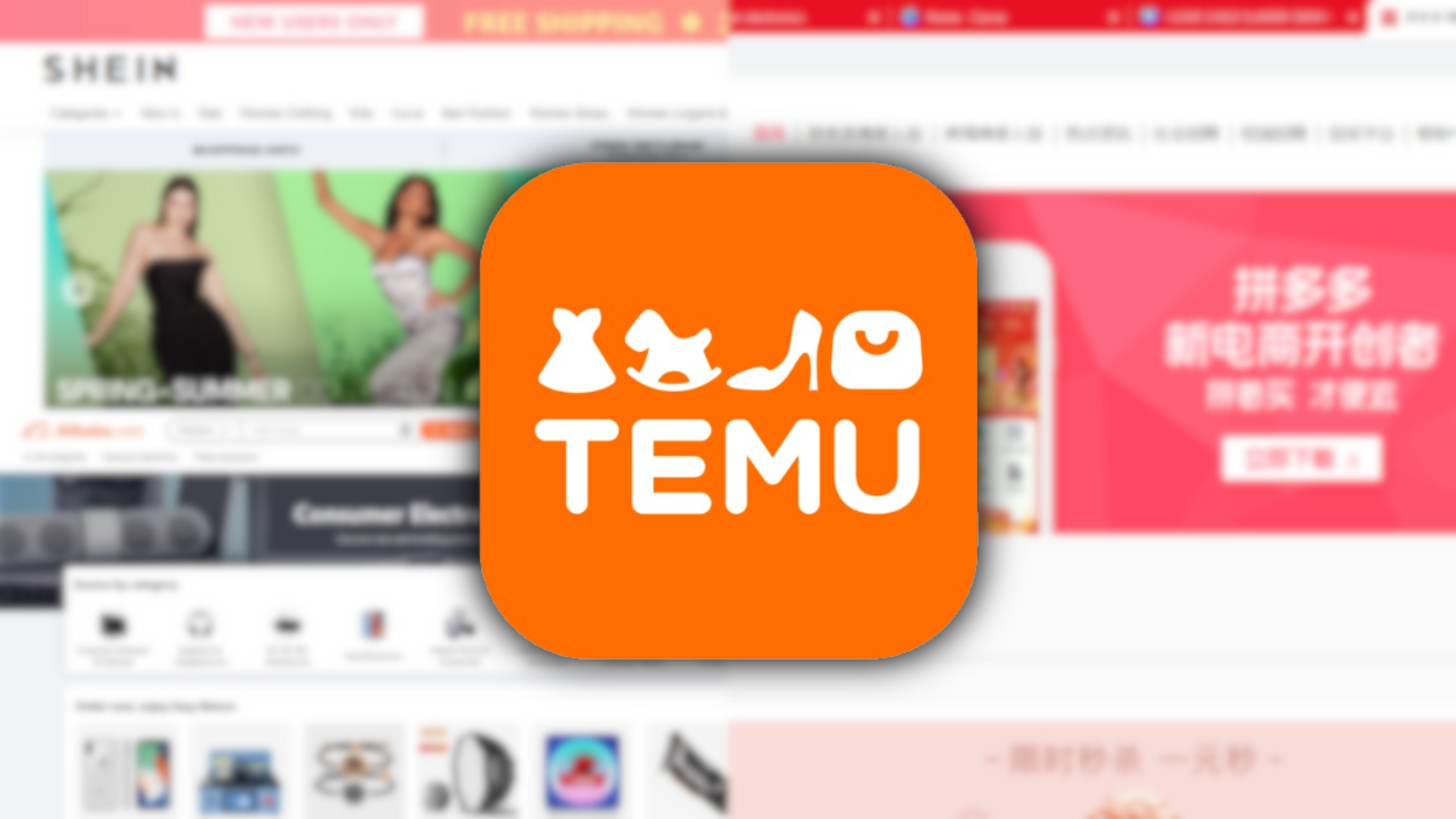If you’ve spent any time on the internet, you have undoubtedly seen advertisements for companies like Temu, based in Boston, and Shein, based in Singapore, claiming to offer deals that seem too good to be true. It could be a set of earbuds for a few cents or a handbag for a few dollars. No matter the product, it always seems to be a good deal. This is because sites like this allow Chinese-based companies to sell directly on their website, eliminating markups. While this sounds good to the average consumer, once you dig deeper into the operations of Temu and companies with similar business models, the rose-tinted glasses are ripped from your face. Temu’s Chinese sister app, Pinduoduo, was banned from the Google Play Store and the Apple App Store for selling users’ data, and Shein was fined 1.9 million dollars in 2022 for not disclosing a data breach.
But this isn’t the only problem with these companies. Time after time, they have been accused of forced labor practices. In 2022, The New Zealand Herald reported on multiple videos sharing odd writings people had found in their Shein order, some spelling out “SOS” in Chinese and one which showed a slip of paper with “help me plz.” Shein has denied these allegations, yet they aren’t required to disclose their practices because they are a privately held company, and Temu has the same allegations. The House Select Committee on the Chinese Communist Party warns American consumers that there is a high risk that Temu uses the forced labor of the Uyghur people, an ethnic group in Northwest China facing imprisonment and even murder by the Chinese government. Like Shein, Temu has denied all allegations of forced labor.
Temu, Shein, Pinduoduo and companies like it should be avoided at all costs. If you are against forced labor and genocide, stop using Temu and Shein, and stop purchasing goods directly from China.














